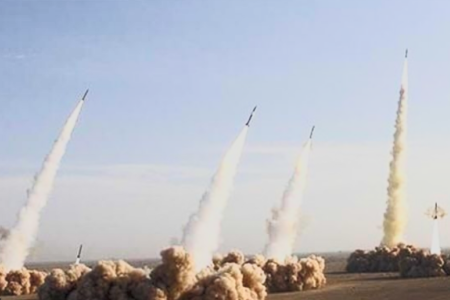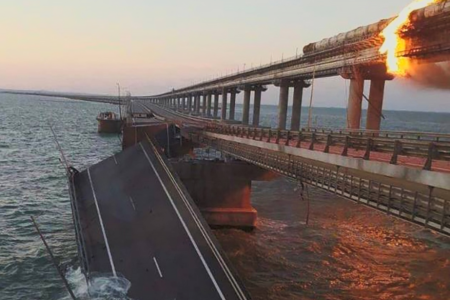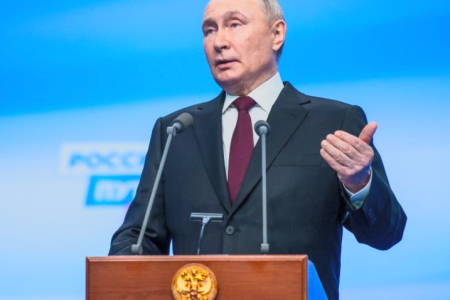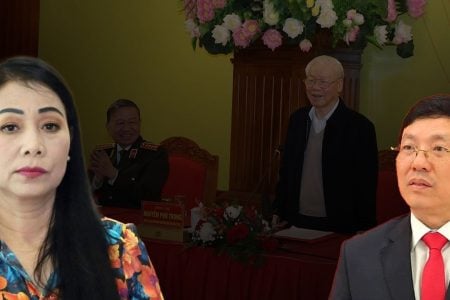
ASEAN in the US-China competition
The Chinese foreign minister’s trip to Southeast Asian countries and South Korea comes as both Beijing and Washington are wooing important partners in the Asia-Pacific.
The Southeast Asian doctrine of President Joe Biden’s administration acknowledges the weaknesses of the United States in relations with several Southeast Asian countries, and with the realization that any security initiative in the region cannot be led by the United States alone. The appropriate approach, therefore, is to work with ASEAN, to further reinforce the necessity of competing for influence with China with both soft power and military presence.
Therefore, after the US withdrawal from Afghanistan, US Vice President Kamala Harris sought to reaffirm the US presence in the Asia-Pacific at stopped in Vietnam and Singapore at the end of August. 2021. With this trip, the administration of President Joe Biden wants to show that withdrawing from Afghanistan will allow the United States to focus resources from “long wars” to the Indo-Pacific region.
Earlier, during a visit to the three ASEAN countries in July, Defense Minister Austin emphasized that the US does not expect Southeast Asian countries to be forced to make a choice between his country and China. Instead, Washington intends to seek areas of mutual interest in bilateral and multilateral relationships, rather than simply pursuing US interests.
ASEAN welcomes US re-engagement
Before the US-China confrontation, ASEAN’s default stance is not to choose a side, while enhancing ASEAN’s resilience, including external pressure. However, if is forced to choose a side, according to the ISEAS survey, the vast majority of respondents answered that they chose the US over China (61.5% chose to align with the US in the 2021 survey report, compared to 53.6% in the 2020 survey). The change in attitudes in the four ASEAN countries is particularly notable. Cambodia, Indonesia, Malaysia, and Thailand all support alignment with China in the 2020 survey, but in 2021 would prefer to align with the US.
ISEAS surveys show that China is considered the most influential economic power (70-80% of respondents in ASEAN). America’s economic influence is still behind China. China is considered the most influential political and strategic power in Southeast Asia (although the share of consensus with this view has dropped from 52.2% in 2020 to 49.1% in 2021).
The Biden administration has clearly created goodwill and high expectations among ASEAN countries. Against the backdrop of Southeast Asia’s growing distrust of China – given its increasingly assertive economic presence and foreign policy, especially in the South China Sea, ASEAN countries enthusiastically welcome a stronger US involvement in the region.
ASEAN countries want to see more US investment as an alternative source of funding. However, the US faces an uphill battle to compete with China in providing foreign direct investment (FDI) for infrastructure development in the region. For example, according to the Indonesian Investment Bureau, in 2019 China was the second largest source of FDI for Indonesia with $4.74 billion, while the US came in at eighth place with $989.3 million.
The majority of ASEAN member states would welcome greater US involvement, particularly in helping to restore democracy in Myanmar following the country’s recent military coup and prevent a new political crisis. This further destabilizes the region. Given the diversity of ASEAN member states, however, Biden’s focus on restoring democracy is likely to receive mixed reception. Many ASEAN governments are likely to fear that the Biden Administration will also criticize democratic shortcomings and human rights abuses in Southeast Asia in general, not just Myanmar.

Who will Vietnam choose?
Both during the visit of the US Defense Minister and Vice President to Vietnam, the US side mentioned the upgrade of Vietnam-US relations to the level of a strategic partnership, but Vietnam refused.
Vietnamese leaders always say “Vietnam does not choose sides.” Some Vietnamese experts explained that Vietnam wants to balance the relationship between the US and China. But in reality, that doesn’t seem to be the case. Vietnam’s balance is only expressed in words, but in reality, Vietnam seems to be leaning towards China.
China has always threatened Vietnam and other countries in the South China Sea. This year alone, China passed the Law of the Coast Guard in January and the Law on Maritime Traffic Safety in April. These laws both violate international law and UNCLOS. But China has been a Comprehensive Strategic Partner of Vietnam since 2009.
Meanwhile, the US is a country that is very active in speaking out about the South China Sea. After China announced its Maritime Traffic Safety Law officially took effect from September 1, 2021, a week later, on September 8, the USS Benfold destroyer of the US Navy conducted a freedom of navigation operation in the South China Sea, directly challenging China’s maritime laws that violate international law.
On September 6, 2021, former Deputy Foreign Minister of Vietnam Nguyen Dinh Bin posted on his personal Facebook an article by Dr. Vu Ngoc Hoang – former deputy head of the Central Propaganda Department. Perhaps this article has clearly shown the thoughts of many Vietnamese diplomats and people in Vietnam-US-China relations:
The recent visit of the Vice President of the United States shows that the relationship between Vietnam and the US continues to develop in a positive direction. Many Vietnamese people believe and are excited. Seeing opportunities to promote socio-economic development and strengthen national defense and security. The US side has expressed its desire to upgrade Vietnam-US relations to a strategic partnership. That is good and beneficial for Vietnam.
China and Vietnam have been strategic partners for a long time. We think the United States is even more deserving than China. China is aggressively taking over the East Sea (South China Sea) from Vietnam, while the US supports and wants to help us keep the East Sea. China wants us to be dependent (slaves), and America wants to make us free. China wants to keep us from developing and the US wants to help Vietnam develop. China has fought us 20 wars, and America has fought one. China ended the war with us recently, 16 years after the US. China’s heart is sinister, but in the US, I find them more sincere. It is unreasonable and unfair to not elevate Vietnam-US relations to a strategic partnership. The recent meeting with the Vice President of the United States of America has not yet expressed its opinion whether to agree or not to raise it to a strategic partner. I don’t know how the leader of Vietnam is. Just wait and see.
Vietnam does not ally with this country to fight other countries is the right position. Historically, although Vietnam is small, it has never linked with anyone to fight China. Meanwhile, China itself has made many alliances and alliances with other countries to fight Vietnam. Tell them directly. Vietnam will also continue that martial tradition. But on the other hand, it is also necessary to say frankly that when the country is in danger of being invaded, Vietnam may associate and ally (when necessary) with international friends to protect the Fatherland.
Thoibao.de (Translated)



























